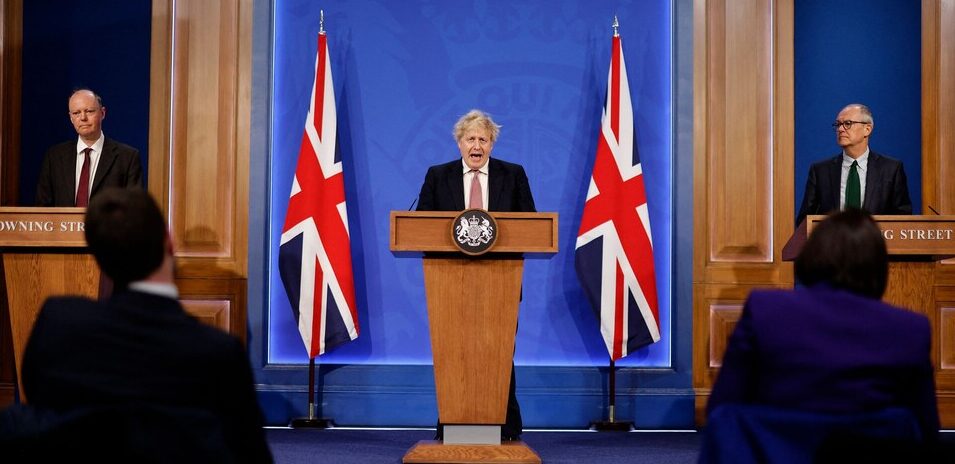The UK Covid Inquiry is turning into a whitewash
The public deserves better.


The UK Covid Inquiry is fast becoming an expensive national disgrace. Rather than investigating the accuracy of mainstream narratives, it has become dominated by gossip, political theatre and the reputation management of pro-lockdown scientists.
The British public deserves better: we need an independent scientific evaluation to challenge the simplifications and mythologies being perpetuated by the inquiry.
More than £100 million has been spent so far, with the total bill until 2026 estimated to top half-a-billion pounds. Yet media headlines, based on WhatsApp messages and testimony from senior officials, again followed the political pageantry this week: Boris Johnson and his government did not “follow the science” and acted like “wild animals.” They were “mad” and “poisonous”, wanted “bodies to pile up high”, thought of promoting Chickenpox-style parties, and possibly to be injected with Covid on TV.
This Shakespearean drama will not help us better respond to the next pandemic. To those who naively believed “the science” and the scientific establishment would be under scrutiny itself, hopes of an objective and serious investigation have evaporated.
There are many reasons for this. Beyond a legal structure that has over-represented the voices of bereaved families, one only needs to look as far as the output of various leading figures from the pandemic. From Jeremy Farrar’s (former director of the Wellcome Trust, and now Chief Scientist at the WHO) account in his book Spike to Richard Horton (the editor of The Lancet) and Guardian columnist prof. Devi Sridhar, all clearly show that those who supported greater restrictions were correct. Finally, we cannot minimise the political climate: Labour barely differed from the Tories in their attitude to lockdown — only that it wanted it harder and faster.
Something more needs to be done, and fast. Other countries offer some examples, albeit imperfect. In Canada, where the liberal Trudeau government has resisted an inquiry so far, an unofficial “National Citizen’s Inquiry” has been established. Meanwhile in Australia, a group of philanthropists have funded an independent inquiry. In the US, attempts have been made, for example by the Norfolk Group, to outline the critical scientific questions that remain unanswered. There is also an ongoing House Select Sub-committee on Covid, led by the Republicans, although this is mostly concerned with Covid origins.
British civil society is alive and well, with a growing chorus of public intellectuals, scientists and media seeing through the biases of the inquiry, willing to ask for a more clear-headed analysis. But more should be done to hold the government and scientific community to account. Active debate between different positions should be encouraged in public forums. Reviews and analyses need to be conducted to plug evidence gaps. And efforts need to be made in academia to apply greater self-reflection and critical thinking.
In short: those engaged in serious scientific and policy debate about the accuracy of the mainstream position should join together more formally and support an independent evaluation. With the current state of the inquiry, this may be the only way to answer the hard questions (should we lockdown next time?) and avoid what is becoming a disappointing whitewash.
Follow Kevin Bardosh on X (formerly Twitter) @KevinBardosh
